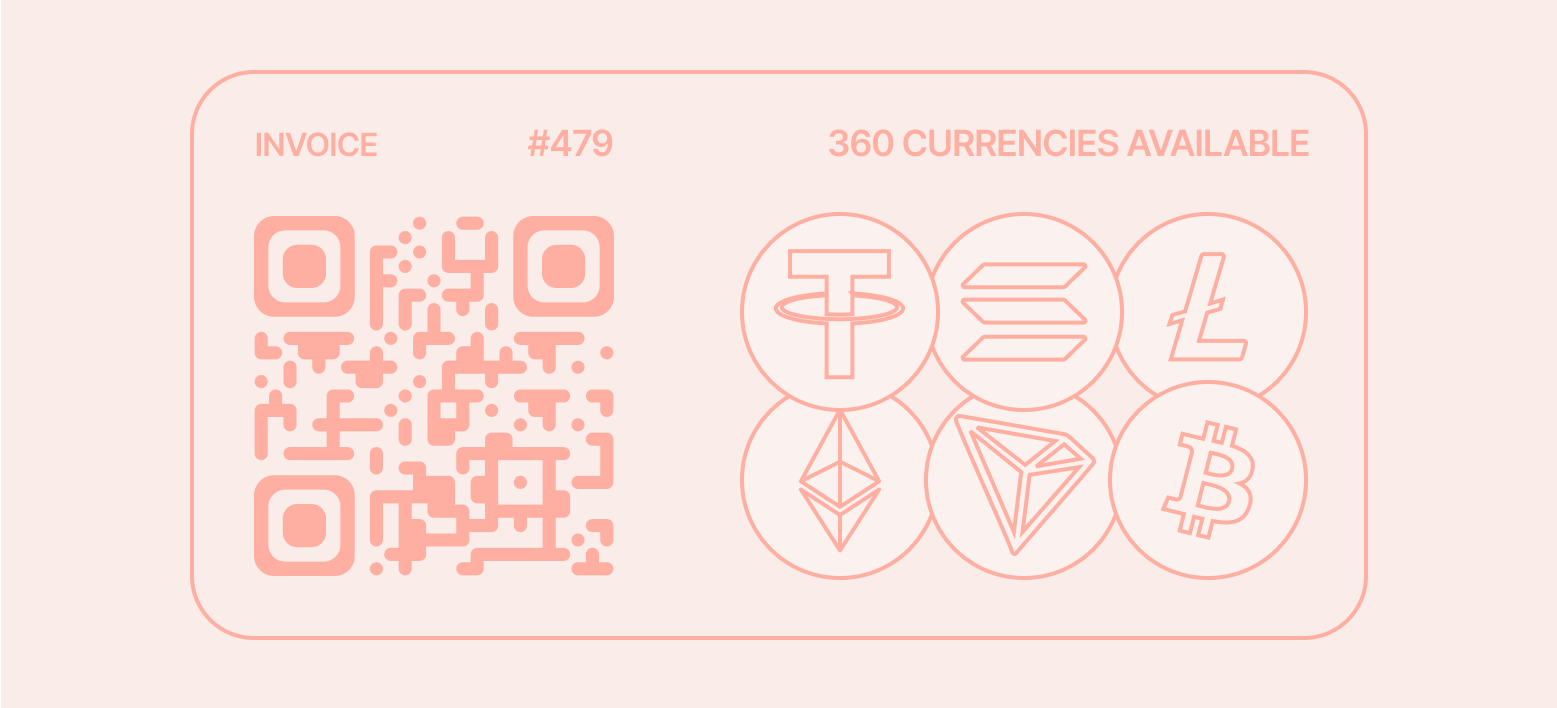By 2008, the world had obtained a grasp of a new notion that had the ability to revolutionize whole civilizations. Bitcoin was created as a result of this knowledge. In every area of society, from banking to government to law and the arts, it has a positive impact on the bottom line.
Blockchain and cryptocurrency were expected to take years to attain public popularity, but COVID-19 stoked the flames, and individuals started to utilize them in greater numbers as time progressed, seeing crypto payments as a trend.
We are all aware that blockchain-inspired technologies offer enormous promise for governments, corporations, and the general public. This is especially true in the financial sector. Trust, traceability and security in a crypto e-commerce platform are regarded to be especially helpful when using this strategy.
What is Blockchain Technology?
Although the term "blockchain" has been around for a long time, there are still a lot of misunderstandings about what it is. While it is inextricably linked to Bitcoin, blockchain is not a kind of cryptocurrency. It is neither a programming language nor a scripting language. It is a relatively new technology.
The blockchain is essentially an impenetrably secure online ledger that records every transaction that occurs at a particular site.
E commerce and blockchain technology have formed a close alliance, which enables anyone to securely share and store digital assets. It has a variety of applications, including payment processing, product searches, and even customer support.
How Blockchain Technology and Crypto are Enhancing E-commerce
Blockchain for e-commerce might be a significantly important technology, which makes transactions more secure and faster.
For businesses and commerce, what is the primary goal of blockchain applications? For e-commerce, the most popular blockchain technologies are Ethereum and Bitcoin, the latter of which is the cryptocurrency that first spurred the development of blockchain technology and allows customers to make purchases on sites and apps accepting Bitcoin as payment. Ethereum allows brands to centrally manage their own blockchains.
Blockchain and Ecommerce - main benefits:
Businesses and consumers alike benefit from blockchain's increased security for online financial transactions. On the other hand, it offers a slew of other advantages, including lower costs and transaction times, improved corporate operations, and a better customer experience.
1. The level of security has been raised.
The E-commerce industry is plagued by data breaches and fraudulent purchases. PriceWaterhouseCoopers' Global Economic Crime and Fraud Survey 2020 estimates fraud losses at $42 billion.
The potential of blockchain technology to produce trustworthy identities that can be confirmed by a large number of trusted parties benefits substantially customer databases and customer relationship management systems.
2. Cost reduction and budget-saving.
Using blockchain technology, businesses can integrate services such as payment processing, inventory management, product descriptions, and more.
Instantaneous transfers of cryptocurrencies like Bitcoin eliminate the need for banking institutions. As a consequence of this development, banks and credit card firms are able to reduce their costs for issuing or collecting cash and processing payments.
3. Transactions are simplified and expedited.
Since blockchain transactions are almost 100% immediate and do not go via conventional financial institutions, there are no delays or pending statuses for transactions on the blockchain. The order fulfillment process is sped up when clients are able to buy products in real-time.
4. The company's procedures to be enhanced.
Aside from transactions, blockchains may store a broad variety of data. The blockchain may be used to hold rules and if-then statements that can be used to automate payments or inventory management, such as in the case of smart contracts.
5. Improvement of a company's supply chain's efficiency.
Incorporating blockchain technology into an e-commerce company's supply chain may save time and money. Bills of lading and pallet weight data, for example, might be stored on the blockchain across the supply chain to save administrative costs and time.
6. Enhanced access for customers all across the world.
Customers in less developed nations may find it inconvenient because there is no solid finance system. Blockchain and bitcoin technologies allow them to skip financial intermediaries and get access to a larger range of online businesses. Innovation may lead to new markets for inventive businesses, empowering the best way to accept cryptocurrency payments.
7. Easy-to-use referral and reward schemes.
If you want to quickly and easily reward your consumers, blockchain can help. If a company uses digital tokens, it may pay content creators or influencers in the currency of its choice.
Final Saying
There are several positive aspects of how blockchain is powering the evolution of e-commerce, including lower costs and faster transactions. Transparency, security, and accessibility in trade and banking are critical for democratizing the economy and transferring power from the authorities back to the people.
In order to appreciate the existing levels of moral hazard, conflict of interest, and apparent fraud, it is vital to realize that blockchain promises to relieve more than just payment processing.



.svg)







